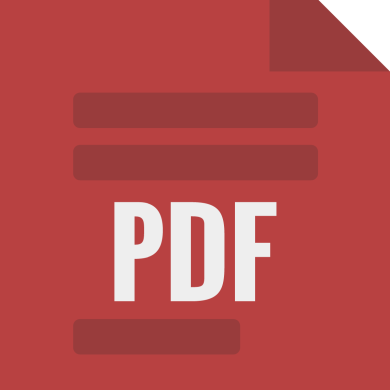

Django versions upgrade#
upgrade or -U can be used with pip command to upgrade any library or framework in anaconda. The following command can be used to upgrade the framework. If you are using a virtual environment, ensure that your dependencies are taken care of, if not create a new environment to handle the upgraded version.
Django versions install#
To do so, you must ensure that all the depreciation warning have been handled so that the transition to a newer version of the framework is smooth.Īfter taking care of all the bases, you can go ahead and install the newer version of Django. The final step to take care of before upgrading is taking care of depreciation warning. In some cases, the Django version released may not support some of the ill-maintained dependencies, so, waiting for new version of those dependencies to be released would be the only option.
Django versions code#
One of the major reasons, people prefer to work with the upgraded version is that the older version will no longer receive security updates, this using the older version makes the project prone to attacks in the long run.Īnother reason is by upgrading to the newer version of Django, future upgrades will be less painful as your code base will be up to date.īefore upgrading, there are two things that need to be taken care of.įirstly, there could be a lot of dependencies to a framework or library, so it will be necessary to upgrade the Django-related dependencies to the latest version as well. Many new features and improvements added to the newer versions, so it is often very helpful to upgrade.Ī lot of bugs are fixed, so the newer version could be of more use to your problem statement than the older version. Some of the benefits include the following. Upgrading Django can often be a bit time consuming, but upgrading it has a lot of benefits. To create a virtual environment and install Django inside it, you can visit the article here. To install Django in your anaconda environment, you can use the following command. Another great feature of anaconda is that it enables users to create virtual environments, so installing a package or library only in that environment saves a lot of space and time.ĭjango is widely used for python web development due to its ability to ease server-side scripting. It enables users to develop web applications, desktop application, data analysis programs, machine learning applications and more. You could help by writing documentation, pull-requests, report issues and/or translations.Anaconda is very popular framework used for python development. It is developed and maintained by developers in an Open Source manner.Īny support is welcome.
Django versions free#
Supportĭjango Extensions is free and always will be. Or you can look at the docs/ directory in the repository. If you have some time to spare and like to help us, here are the places to do so: Fixing a problem, documenting a feature, adding Open Source projects can always use more help.

Run the enhanced django runserver, (requires Werkzeug install): $ python manage.py runserver_plus Getting Involved Run the enhanced django shell: $ python manage.py shell_plus Produce a tab-separated list of (url_pattern, view_function, name) tuples for a project: $ python manage.py show_urlsĬheck templates for rendering errors: $ python manage.py validate_templates Generate (and view) a graphviz graph of app models: $ python manage.py graph_models -a -o myapp_models.png To enable django_extensions in your project you need to add it to INSTALLED_APPS in your projects If you want to install it from source, grab the git repository from GitHub and run setup.py: $ git clone git:///django-extensions/django-extensions.git You can get Django Extensions by using pip: $ pip install django-extensions Requirementsĭjango Extensions requires Django 3.2 or later. Short screencast on GoDjango’s Youtube Channel to help show you even more.

Minutes Eric walks you through a half a dozen command extensions.

The easiest way to figure out what Django Extensions are all about is to watch theĮxcellent screencast by Eric Holscher ( watch the video on vimeo). Django Extensions is a collection of custom extensions for the Django Framework.


 0 kommentar(er)
0 kommentar(er)
